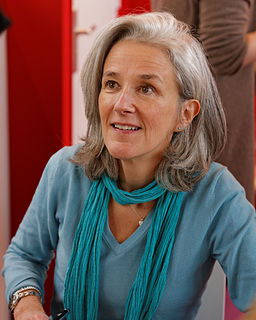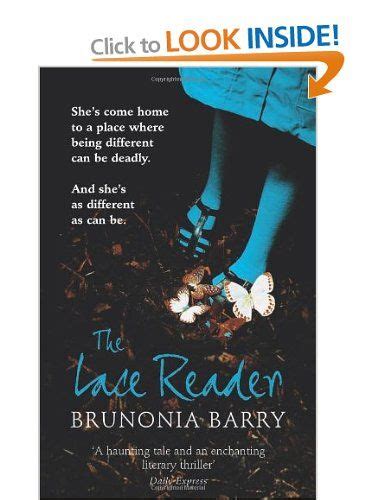A Quote by Tatiana de Rosnay
And so I write this for you, My Sarah. With the hope that one day, when you’re old enough, this story that lives with me, will live with you as well. When a story is told, it is not forgotten. It becomes something else, a memory of who we were; the hope of what we can become.
Related Quotes
I don't know your story or your dreams or the things that steal your sleep, but I know they matter. I hope you story is rich with characters, rich with friends and conversation. I hope you know some people who carry you, and I hope you have the honor of carrying them. I hope that there's beauty in your memories, and I hope it doesn't haunt you. And if it does, then I hope there is someone who will walk you through the night and remind you of the promise of the sunrise, that beauty keeps coming, that there are futures worth waiting and fighting for, and that you were made to dream.
Too many writers think that all you need to do is write well-but that's only part of what a good book is. Above all, a good book tells a good story. Focus on the story first. Ask yourself, 'Will other people find this story so interesting that they will tell others about it?' Remember: A bestselling book usually follows a simple rule, 'It's a wonderful story, wonderfully told'; not, 'It's a wonderfully told story.'
I don't think that there's a target audience at all. These stories were in circulation. The stories were told by men, told in the marketplace by men, but also behind doors by women, but there's no real record of this. It's likely they were told by women to children in their interior rooms. The story could be a negative story, they could be presented as a, "Watch out! Women will get round you, do things to you, weave you in their toils." It could be buried in it an old cautionary story about women and their wiles.
Love's arms were wreathed about the neck of Hope,
And Hope kiss'd Love, and Love drew in her breath
In that close kiss and drank her whisper'd tales.
They said that Love would die when Hope was gone.
And Love mourn'd long, and sorrow'd after Hope;
At last she sought out Memory, and they trod
The same old paths where Love had walked with Hope,
And Memory fed the soul of Love with tears.
One of the remarkable qualities of the story is that it creates space. We can dwell in a story, walk around, find our own place. The story confronts but does not oppress; the story inspires but does not manipulate. The story invites us to an encounter, a dialogue, a mutual sharing. As long as we have stories to tell to each other there is hope. As long as we can remind each other of the lives of men and women in whom the love of God becomes manifest, there is reason to move forward to new land in which new stories are hidden.
I'm a storyteller. I'm always willing to serve the story, a story I believe in, in whatever way is necessary. If I need to write the story I believe in, I will write it. If I've been offered to act in a story that I truly believe in, I will happily do that, but I'm a storyteller. That's something I'm so thankful for.

































